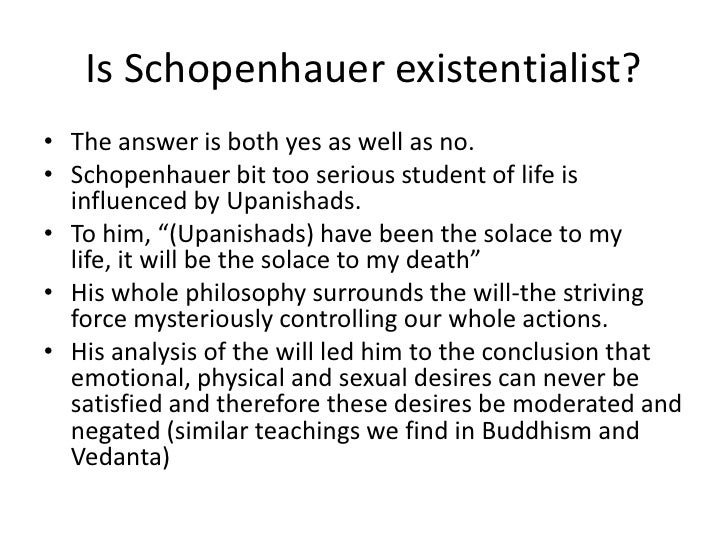From Rationalism To Existentialism Pdf To Excel
Existentialism vs.rationalism: perspective on an old debate on religious truth Yesterday's post opened a pandora's box of interesting discussion regarding truth and ikkarei emunah, and the volume of comments leads me to wonder if some of you sleep with a keyboard by your pillow: ) I just wanted to step back a little and offer some perspective. This PDF version matches the latest version of this entry. To view the PDF, you must Log In or Become a Member.You can also read more about the Friends of the SEP Society.
I have no grounding in philosophy, but I have just this minute been reading a few articles about existentialism.
I was confused by its apparent rejection of rationalism. I understand that this arises from the belief that people make subjective and irrational choices. But I don't see why this leads to a conflict with the concept of rationalism itself. Surely an appreciation that people are irrational does not make the world itself irrational?

Is it not possible to believe in existentialism while also believing that we live in a rational world, subject to universal laws?
2 Answers

Existentialism is mostly incompatible with Rationalism
Existentialism goes a little deeper than believing people make irrational choices. It holds rather more broadly that the world itself is an irrational place, and the only meaning in the world is that which we give it. Rationalism says that people are primarily rational and derive meaning from reason, while Existentialism says that meaning is personal.
Example: A grandfather dies. One grandson says he dies because his heart stopped beating. One says he dies because God willed it. One says he died because a lifetime of smoking and eating unhealthily. One says he died because he failed to pray to the great Cthulu for mercy.
Clearly, for each grandson the death carries a drastically different meaning. Existentialists say that each grandson is just applying his own meaning to a random, absurd act of the world. In fact, some Existentialists say that to try to constrict meaning to some set of rational rules the world must follow prevents finding meaning in freedom.
This is pretty much in direct contradiction to Rationalism, which would claim that most people should rationally derive the true meaning of an event given the undeniably true structure that defines the world. Basically, there was a reason of death that fits into a larger structure, and most people should be able to act understanding this structure.
Existentialism
Existentialism does not deny all laws
Just because Existentialism denies that there is a grander meaning to the whole world, it doesn't deny that some things and laws are universal and true. This is Facticity, and this is where it starts to get weird.
Existentialists acknolwedge that some things are true, and that truths carry limitations. If you do not have legs, that is pretty much an undeniable fact. And the limitation of not being able to walk on the beach is a pretty strict one. Nobody denies that. What they do contest is that facticity doesn't have to follow reason, or remain constant. With enough science, or prayer, you may one day in the future grow legs and walk again. The facticity has changed. The important thing is that there is not necessarily a pattern to it. The value one places on facticity is purely free.
You do not have legs: this is a fact.
What this means: is entirely up to you.

Existentialism and rationalism are basically different orientations towards the world. Existentialism is among a wide family of philosophical approaches that might loosely be called irrationalist because of a general disbelief in the whole idea that the world can be fully conceptualized in a way that makes consistent objective sense. Existentialism in particular emphasizes subjectivity, and individual experience and personal choice.
In principle, one could potentially take your middle road, and take an existentialist approach to human nature, and a rationalist approach to the universe. You would in that case, however (at least to my knowledge) be an innovator. In general it seems that thinkers who believe the universe is rational have advocated for rationalizing human nature, while those who gravitate to existentialism in the human realm have viewed that as decisive for the universe as well.
Chris SunamiChris Sunami